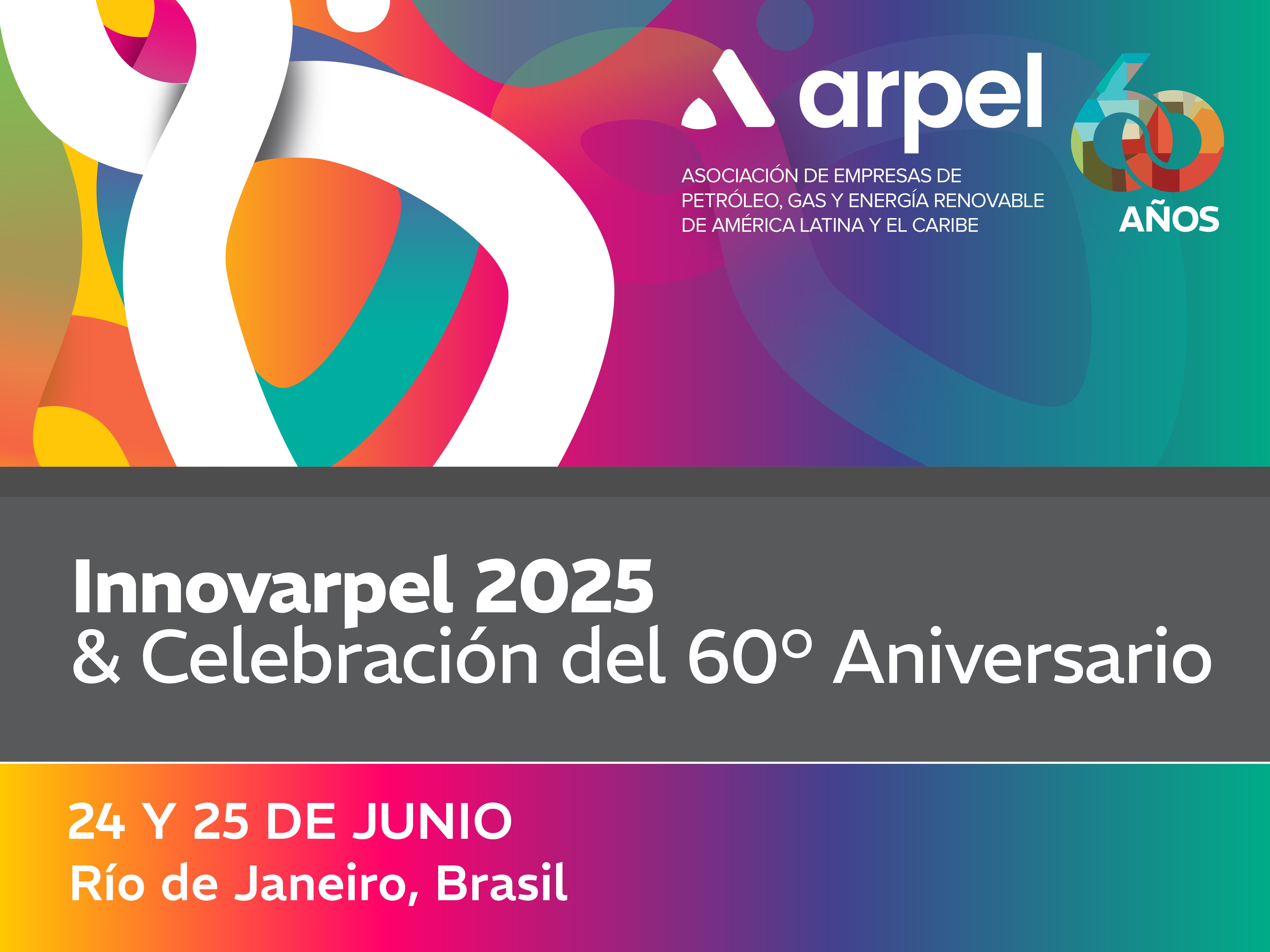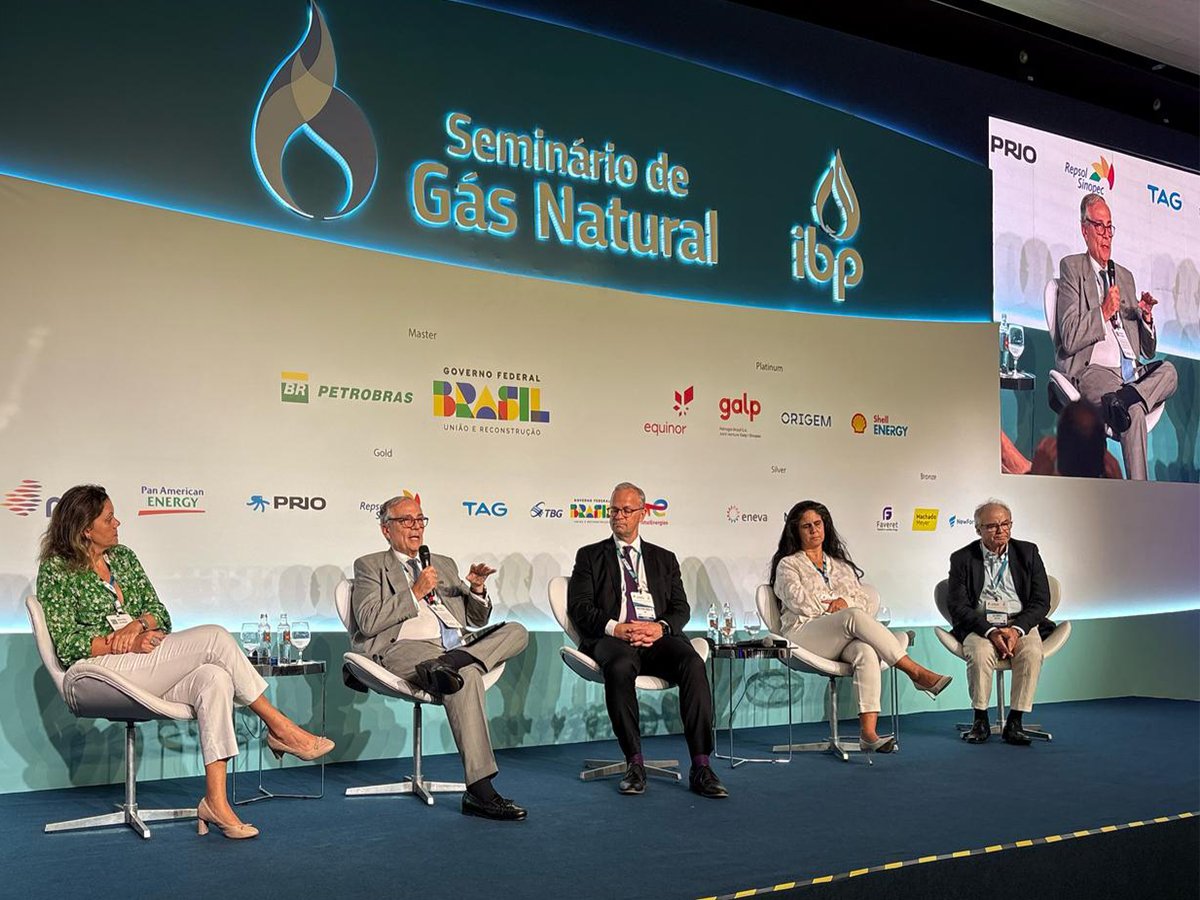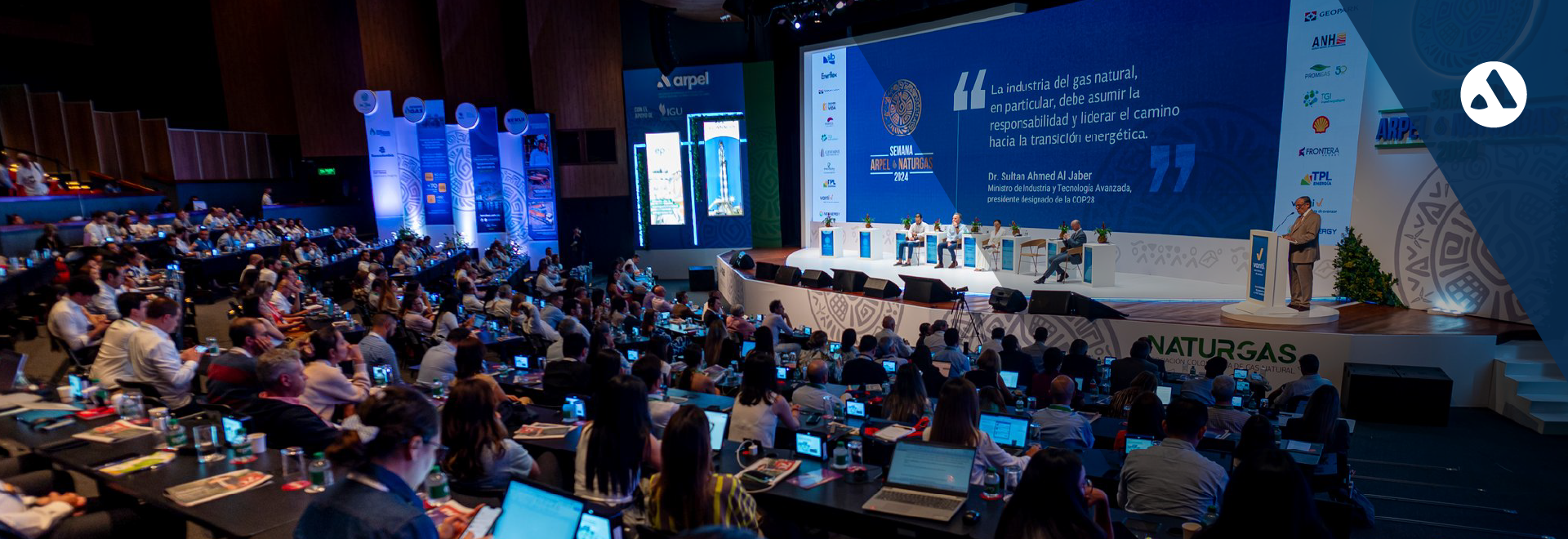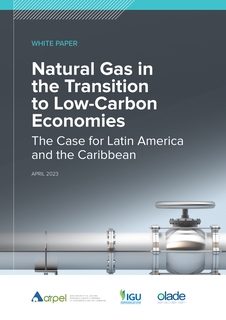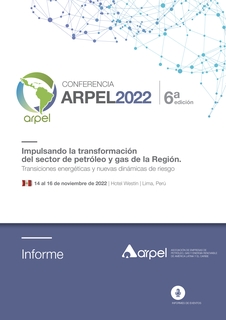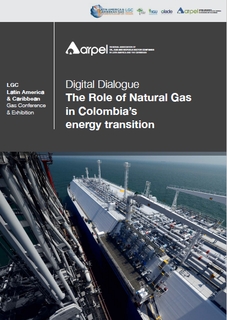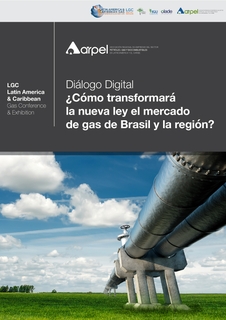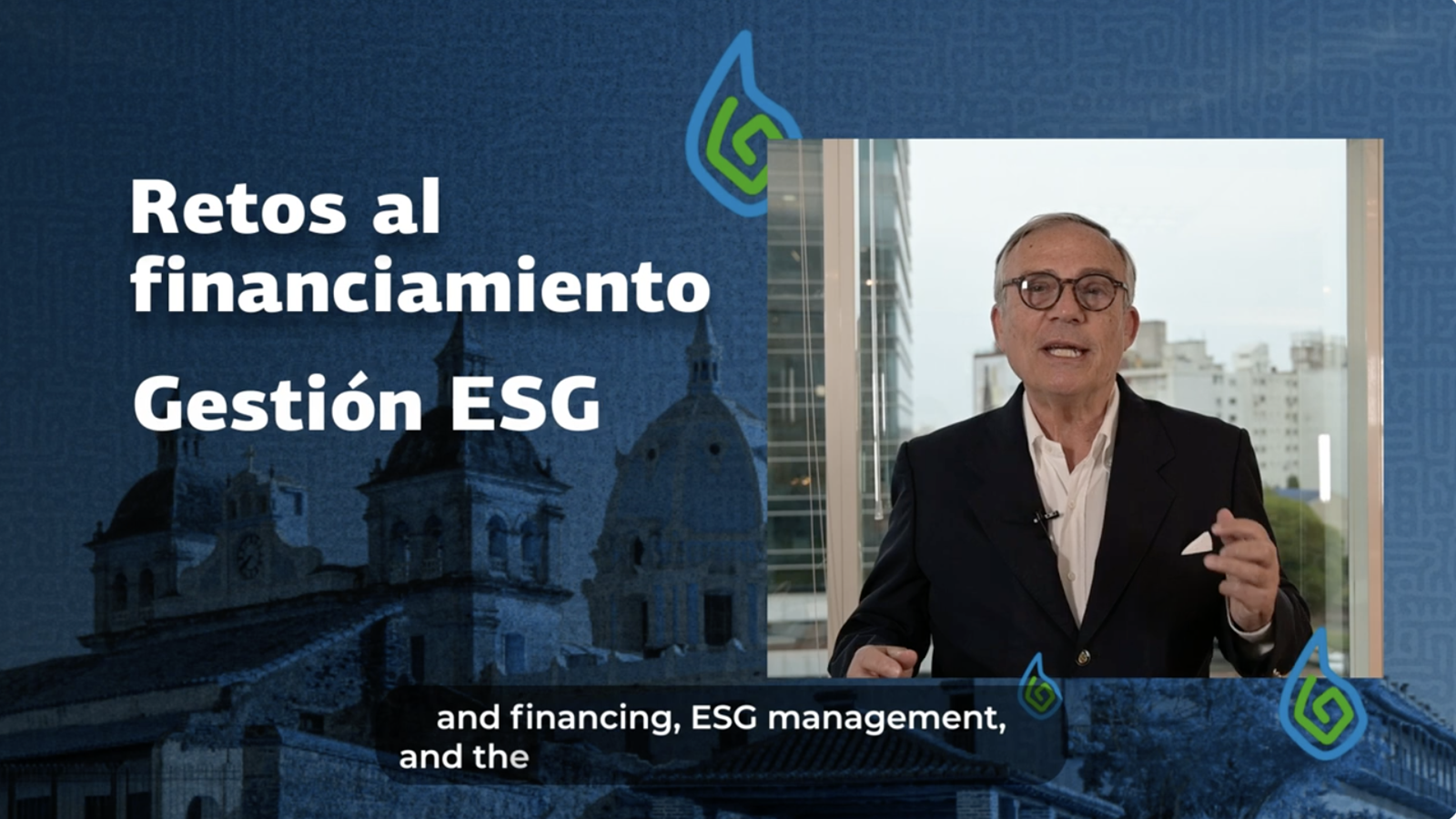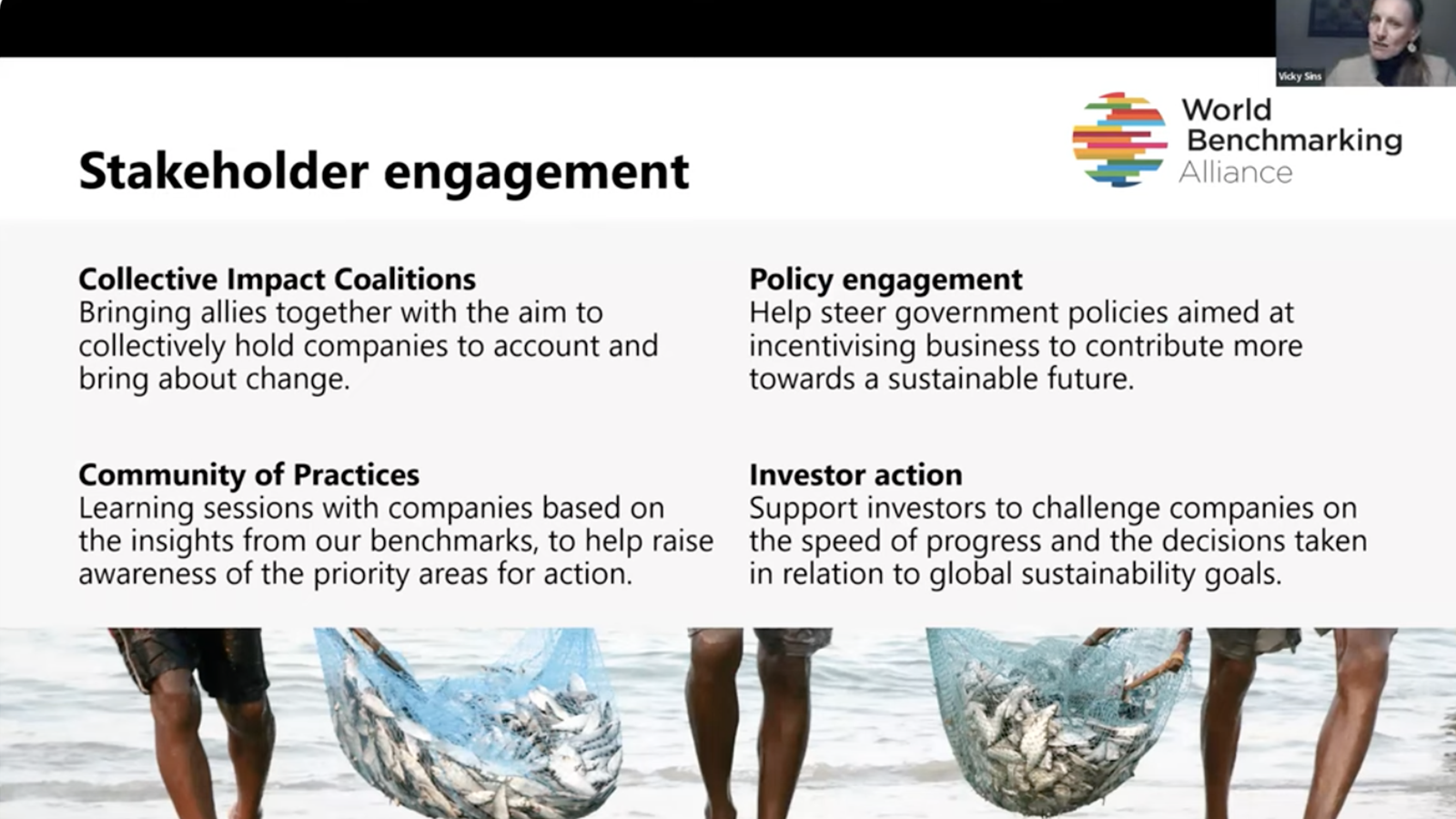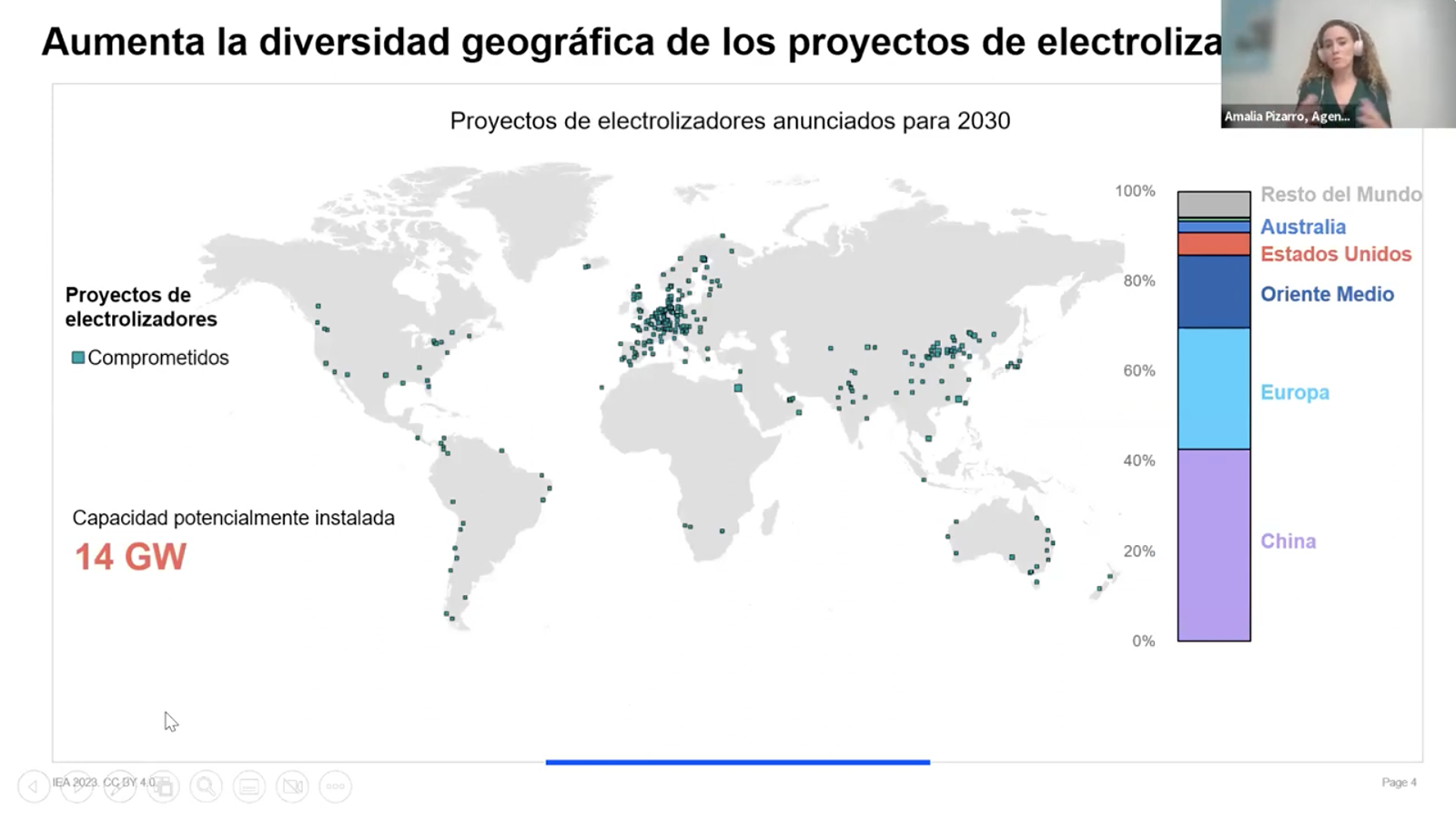
• Carlos Pascual, S&P Global: “Immersed in international politics, several changes are taking place in the global energy matrix.”
• Carlos Garibaldi, Executive Secretary, Arpel: “We are addressing this transformation because we are realistic and have the technological capacity to renew and innovate.”
• Luz Stella Murgas, President of Naturgas: “Going through the transition does not mean sacrificing energy safety.”
Geopolitical tensions directly affect the energy sector in both senses. “I have never lived such a challenging period in international politics”, said Carlos Pascual, Senior VP of Global Energy and International Affairs for S&P Global, at a master lecture named: “Hydrocarbons and Geopolitics”, during the third day of the 2024 Arpel-Naturgas Week, organized in Cartagena, Colombia.
In this context, Pascual explained that, over the next months, there will be presidential elections in 70 countries, including the United States, and this may set the trend of decision-making and the resulting intensity of geopolitical tensions.
The commercial conflict between the USA and China, the wars in Ukraine and the Gaza Strip, tensions in the Red Sea and the potential conflict between China and Taiwan are just some of the determining factors.
According to the former diplomat, in all these conflicts, “the capacity to reach agreements is very limited”. And this leads to geopolitical impact on the price of oil. “Immersed in international politics, several changes are taking place in the global energy matrix.”, he said.
In his opinion, the aim is hard to achieve. Between 1990 and 2012, only 3% of the global energy matrix driven by fossils was changed. However, the current goal is to achieve a 60% change by 2050, i.e., in just 26 years.
PRAGMATIC TRANSITION
Changes in the global energy matrix are linked to the development of natural resources, which are abundant in Latin America. “This is a key moment because we have a lot of resources, mainly lithium and copper”, he pointed out.
This element, added to the geographical location, may allow the region to become relevant for the process. “Investments must be encouraged to improve the hemisphere’s leadership”, he asserted.
To this end, he recommended that Latin America “should find technology partners in the USA and Europe”, as the United Arab Emirates do, generating alliances with innovation companies and leveraging the private sector.
In the same line, during a reflection panel on the energy transition, Andrea Stegher, Vice President of the International Gas Union (IGU) commented that “all the world needs to do more”, that the transition is not just two words, but a process that requires “time, effort and investment”.
In turn, Carlos Garibaldi, Executive Secretary of Arpel, took the regional challenge as a must-do. “We are addressing this transformation because we are realistic and have the technological capacity to renew and innovate”, he remarked, and added that: “to solve the climate problem affecting us, we need pragmatism and cooperation.”
In this context, “we are not viewing the end of oil and gas, because we are dealing with a transition, and not a replacement”, he concluded.
Also, Juan Manuel Rojas, President of Naturgas Management Council, said that the future of hydrocarbons is not under discussion. Instead, we are “setting the course” for Colombia and the region. “Let’s analyze the role of natural gas in fighting energy poverty”, he indicated.
In this line, natural gas played a critical role in solving the recent energy crisis caused by the war in Ukraine. “Gas allowed us to overcome the worst crisis in the last 50 years”, said Luz Stella Murgas, President of Naturgas, and continued that the world is expected to experience a “25% growth regarding LNG trade by 2028.”
“As Colombians and Latin Americans, we are responsible for streamlining regulatory, environmental and early-consulting processes to prioritize the common good and deliver energy because “going through the transition does not mean sacrificing energy safety”, she stressed.
In turn, the current Comptroller General of the Republic Carlos Mario Zuluaga said that “we need to reestablish clearer regulations” regarding environmental permits and early consultations.
NATURAL GAS
It was agreed that natural gas is an essential fuel for the transition, not only due to its lower level of emissions but also because it is abundant in the region.
This topic was raised by executives from major integrated companies, gathered at a panel that was attended by YPF, Shell Colombia and TotalEnergies.
Similarly, Argentina has a huge potential in terms of reserves, projects and the capacities built in its Vaca Muerta fields, which are expected to export USD 30 billion in 2030, according to Horacio Marín, President and CEO of YPF, who remarked that the company intends to produce natural gas for export purposes, both as LNG and through gas pipes.
During her presentation, Ana María Duque, President of Shell for Colombia, Central America and the Hispanic Caribbean, stressed that the role of natural gas “is here to grow and stay”, and that, “in the next 10 years, it will be stronger both in the company portfolio and in all scenarios.”
Natural gas represents 47% of TotalEnergies sales and is critical to the company strategy. This was explained by Javier Rielo, Senior Vice President of TotalEnergies Americas. He emphasized that the situation in Ukraine made it clear that LNG is advantageous to be transported and serve markets quickly.
NATIONAL COMPANIES
In this context, national oil and gas companies in the region are called to act using the potentialities in their countries, in relation to resources and the conditions they offer.
Alejandro Stipanicic, President of ANCAP, expressed that Uruguay has competitive advantages to attract investment, due to its mature laws, and its “social, economic and political stability”.
Julio Friedmann, General Manager of ENAP, said that Chile has the potential to develop renewable energies and, therefore, the company is searching for synergies with the private sector.
Meanwhile, Annand Jagesar, CEO of Staatsolie, who was representing Surinam, said that his country is undergoing the development of the hydrocarbon sector, organizing laws, creating a stabilization fund and learning good practices from neighboring countries such as Brazil and Guyana.
